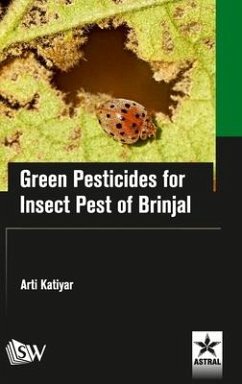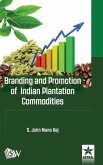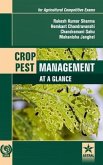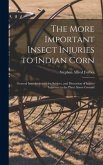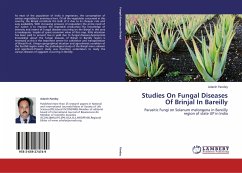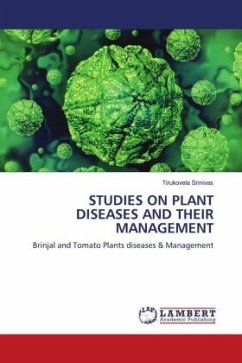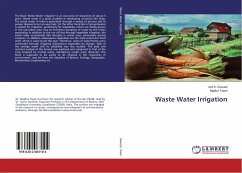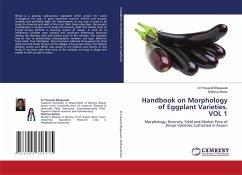Natural products like verbenaceous plant extracts offer an ideal substitute for synthetic insecticides. All the four plants Clerodendron siphonanthus, Lantana camara, Lippia geminate and Vitex negundo were tested to find out their comparative bio-efficacy. Primarily, synthetic chemicals have been remained in vogue due to their quick knock down effect on insect pests. Altogether, they are parsimoniously effective, protecting diverse crops, undoubtedly. On the other hand, botanical pesticides could be the best substitute over the synthetic insecticides as by and large they are eco-friendly, economically viable and bio-degradable. Additionally, farmers can afford these herbal pesticides straightforwardly; thereby saving their crops, sustainably without side ill- effects on man and biosphere. The book presents the antifeeding, repellent and insecticidal properties of indigenous verbenaceous plant extracts against Henosepilachna vigintioctopunctata Fabr. (Coleoptera: Coccinellidae) which, attacks brinjal plants, Solanum melongena. Insect infestation, especially by the Epilachna beetle, which is one of the limiting factors in the yield potential of brinjal. Thus the objectives have been to "Develop botanical insecticides from Verbenaceous plants for managing Henosepilachna beetle (Coleoptera: Coccinellidae) inflicting brinjal". The book will be useful not only for researchers and teachers but also for plant pathologists, horticulturist, botanists, vegetable growers and common people having concern for nature and environment.
Hinweis: Dieser Artikel kann nur an eine deutsche Lieferadresse ausgeliefert werden.
Hinweis: Dieser Artikel kann nur an eine deutsche Lieferadresse ausgeliefert werden.

